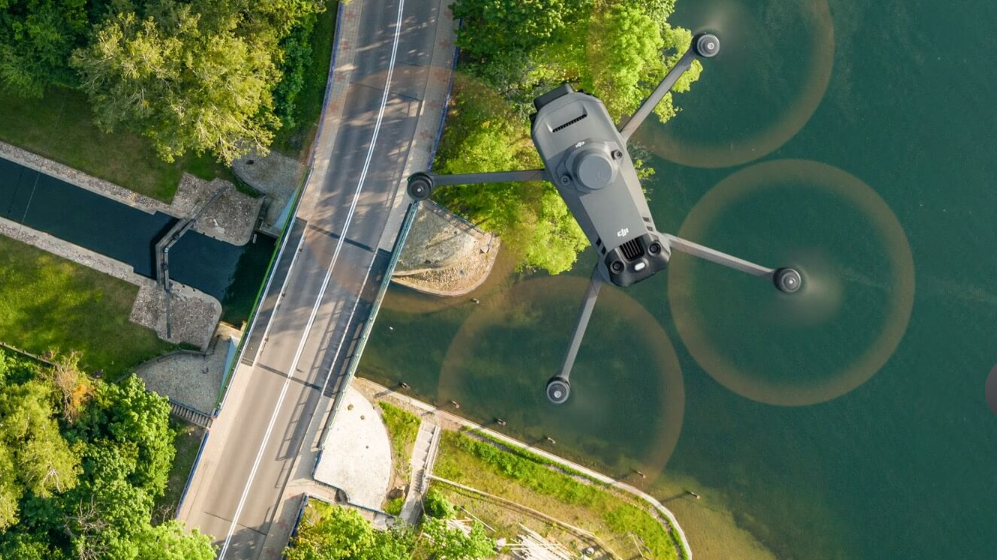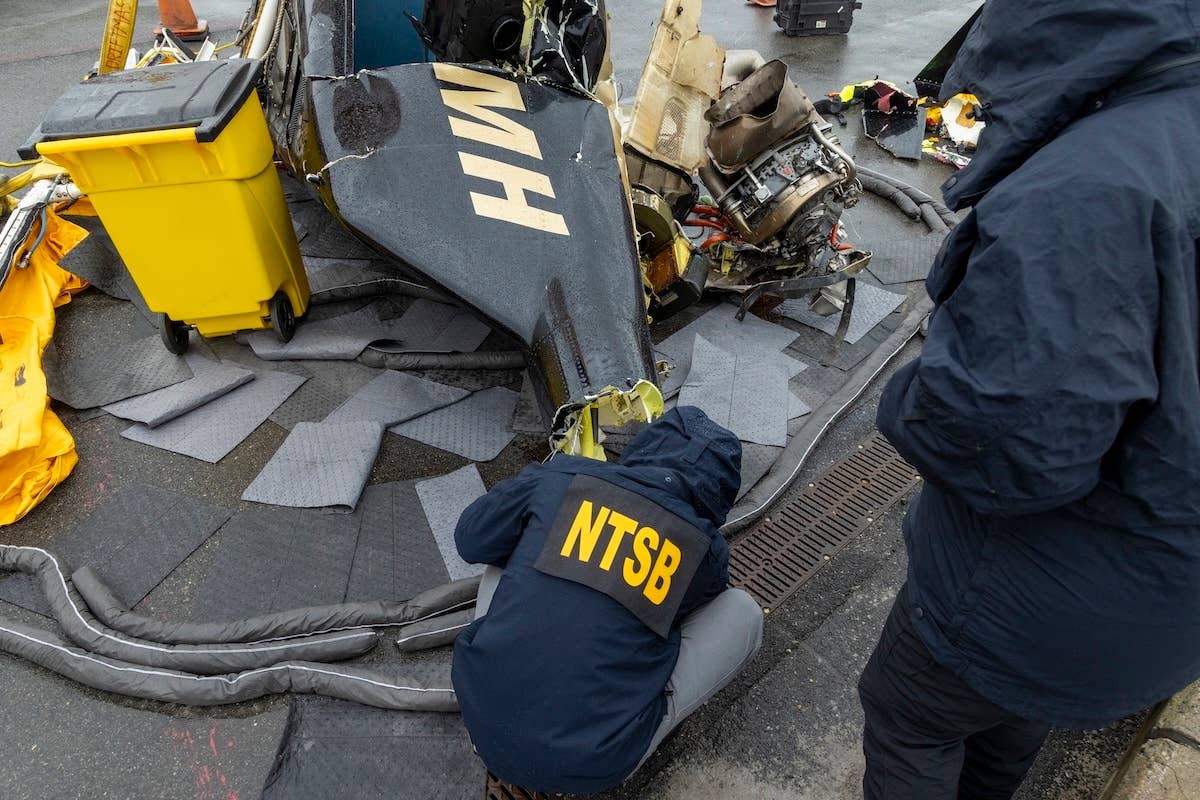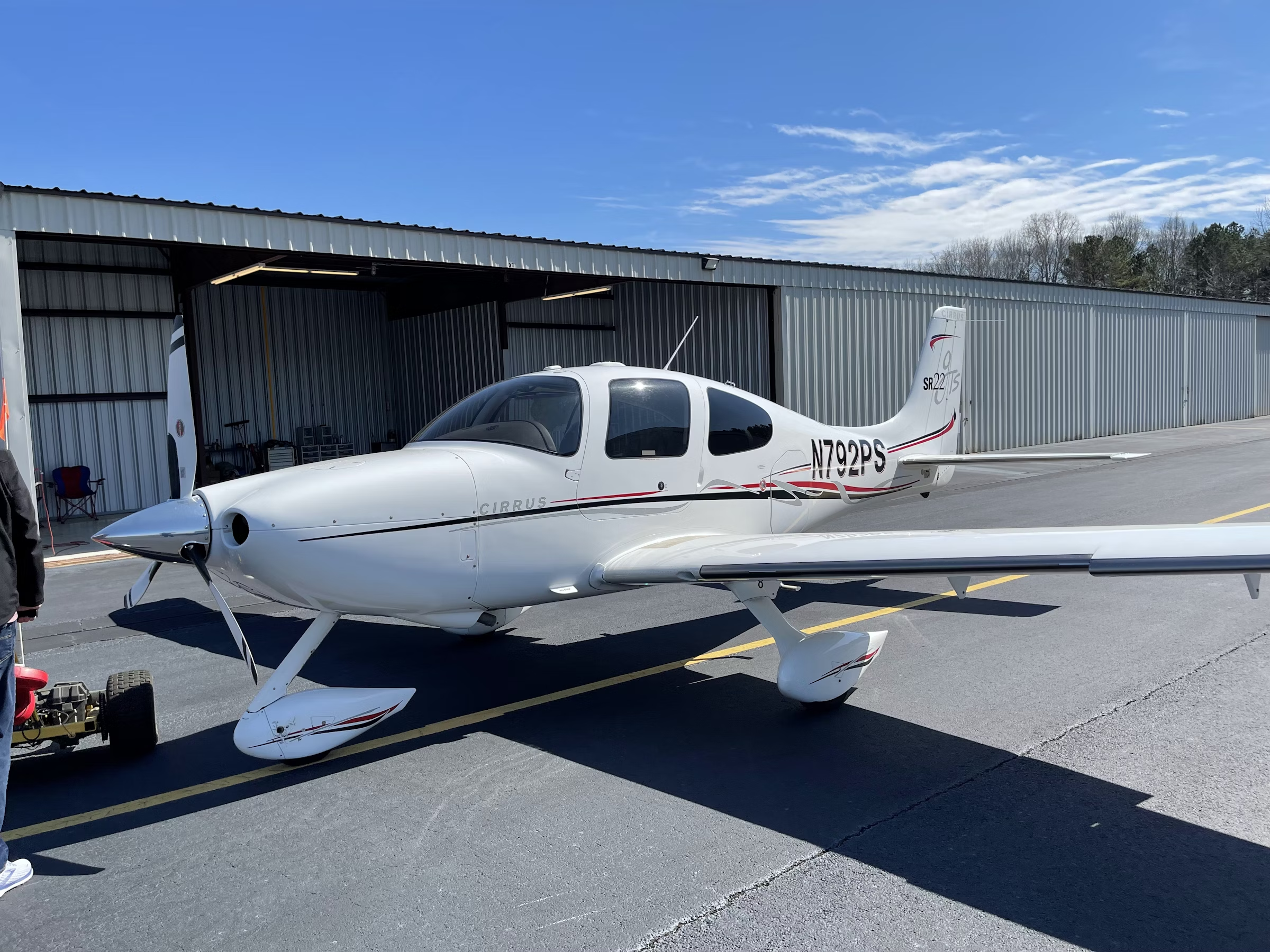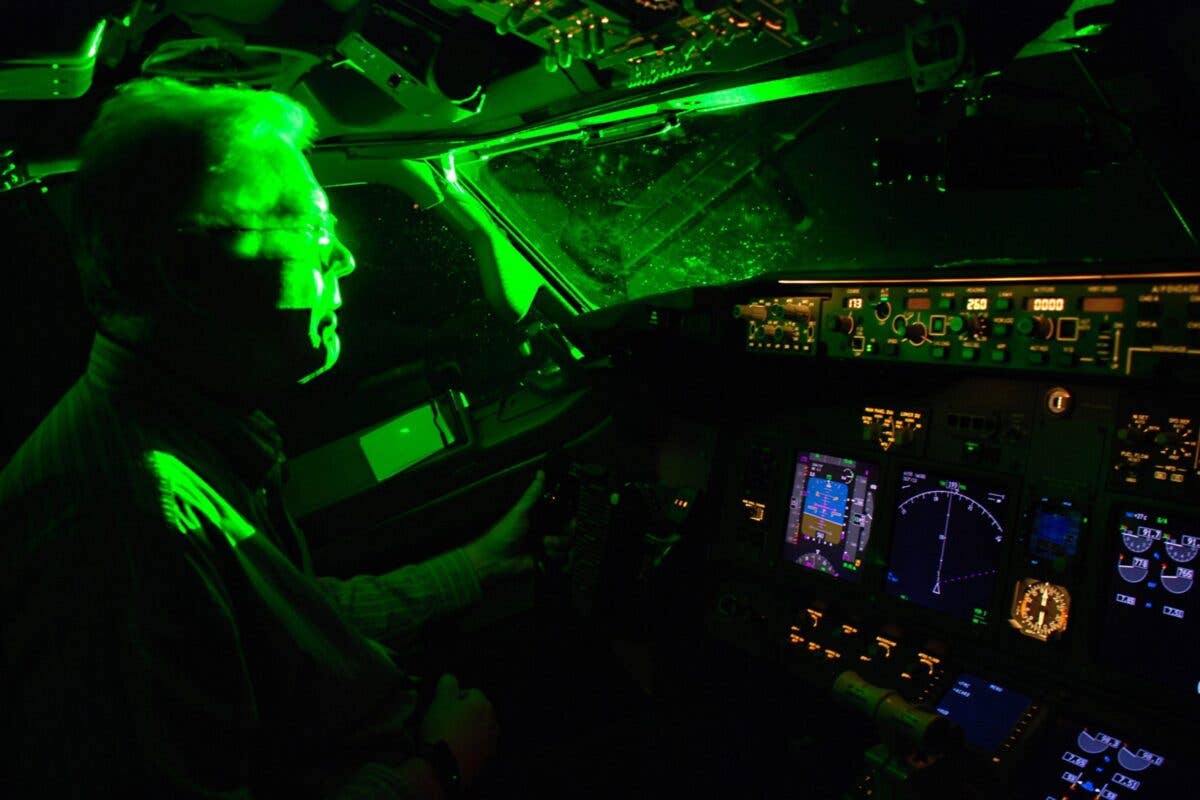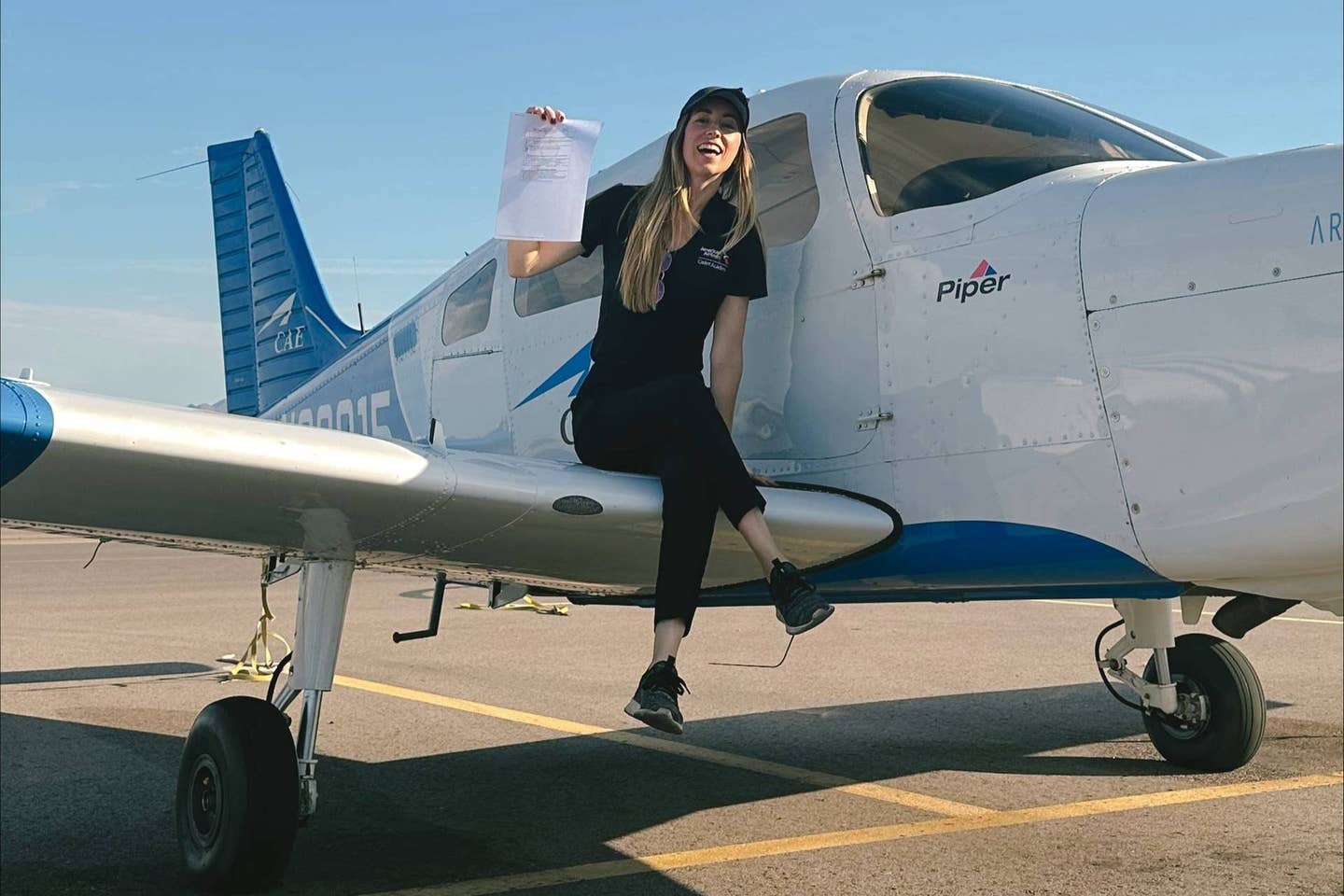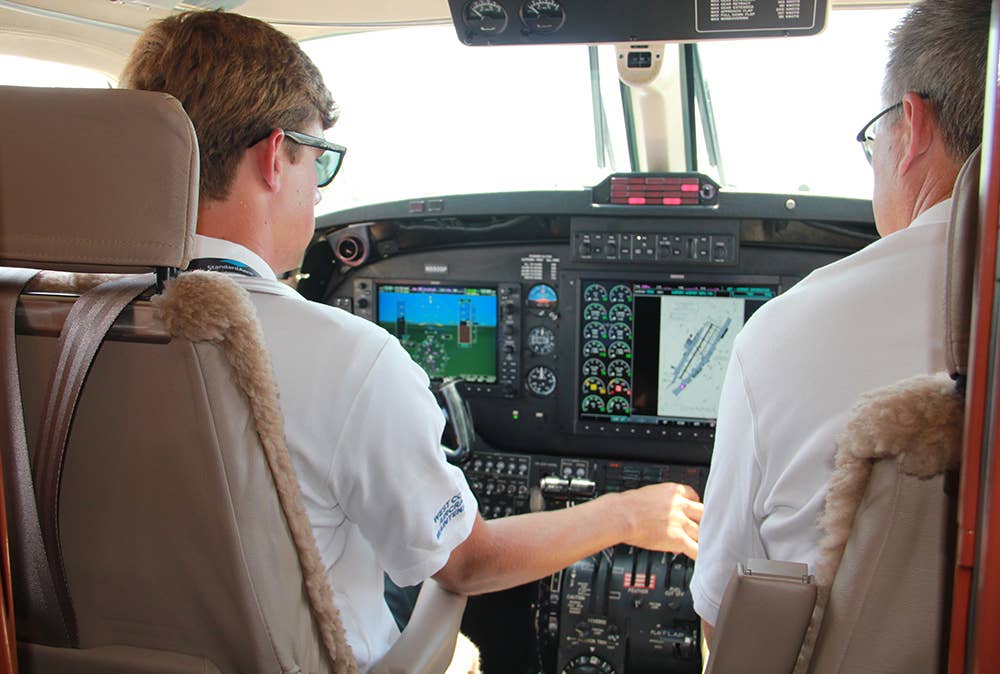Archer Plans Sale of 200 Electric Air Taxis to Partner in India, Eyeing 2026 Launch
The eVTOL manufacturer and new partner InterGlobe will initially offer air taxi services in the Indian cities of Delhi, Mumbai, and Bengaluru.
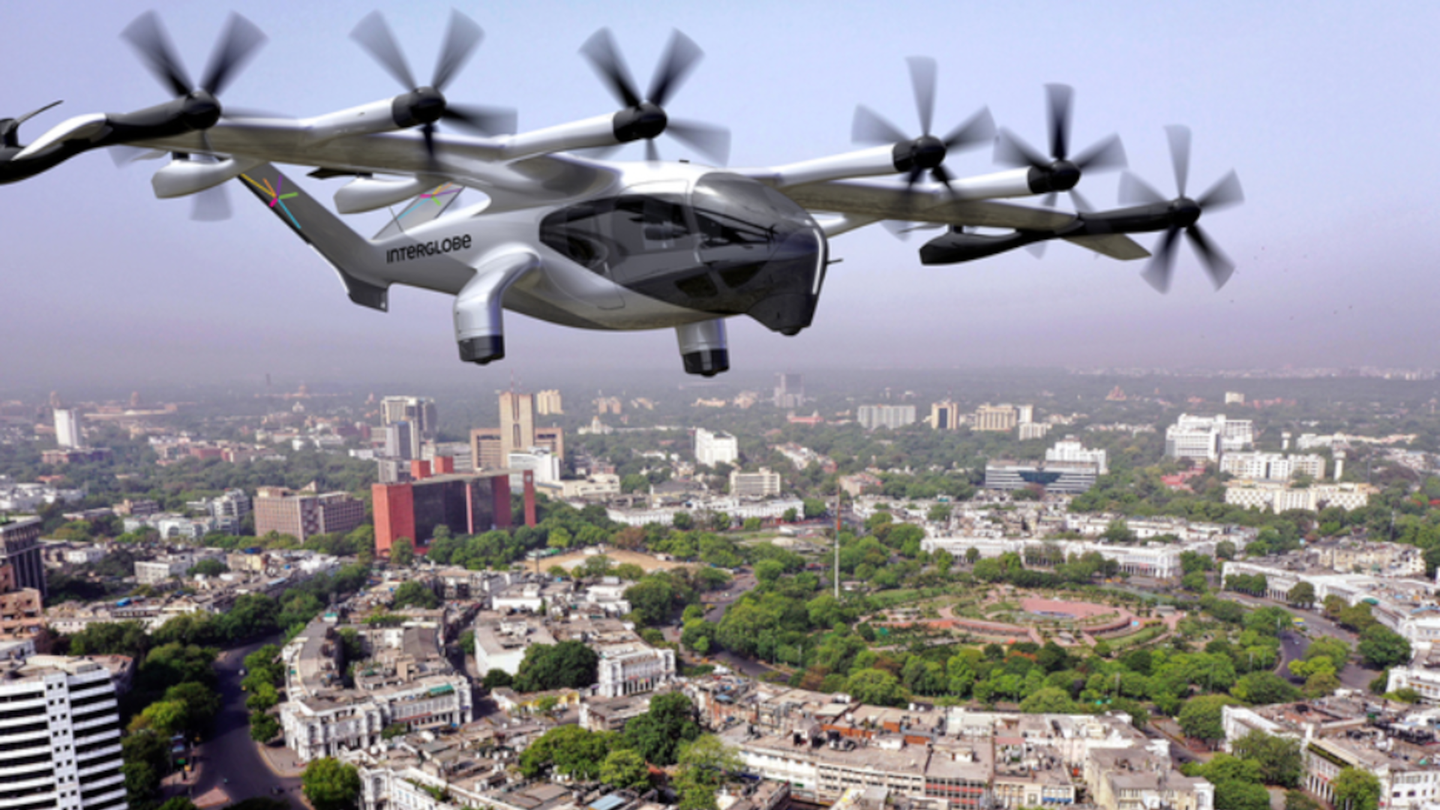
A digital rendering depicts a simulated flight of Archer’s Midnight eVTOL air taxi over Connaught Place in Delhi, India. [Courtesy: Archer Aviation]
The future of rideshare services in India—which is notorious for its congested, heavily trafficked streets—may be up in the air…literally.
San Jose, California-based Archer Aviation, the maker of the Midnight electric vertical takeoff and landing (eVTOL) aircraft, on Thursday revealed plans to bring electric air taxi services to India in partnership with InterGlobe, one of the country’s largest travel conglomerates. A memorandum of understanding (MOU) between the partners includes an arrangement to finance InterGlobe’s purchase of up to 200 Midnight air taxis.
Compared to other large nations, India has a small market for ground-based rideshare services, estimated at just one-tenth of China’s market penetration. Uber, for example, is not yet profitable in India despite claiming to own more than half of the country’s rideshare demand.
Rahul Bhatia, group managing director of InterGlobe, and Nikhil Goel, chief commercial officer of Archer, signed the MOU to form a proposed partnership in a bid to compete with Uber and other ground-based rideshare services through urban air mobility (UAM).
The partners will instead offer short-haul rideshare flights. Archer’s piloted, four-passenger electric air taxi—a prototype of which recently made its inaugural test flight—is designed to ferry up to four passengers at a time on back-to-back UAM routes, with as little as 10 minutes of charge time between them.
For example, a passenger traveling between New Delhi’s Connaught Place and the nearby suburb of Gurugram—a 60- to 90-minute trip by car—could make the journey in just seven minutes, Archer said.
The manufacturer believes this model makes its service cost-competitive with on-demand apps such as Uber or India’s Ola. It expects to test that theory in India in 2026, beginning with operations in and around Mumbai and Bengaluru (two the country’s three most populous cities), as well as the Delhi capital region, subject to regulatory approvals.
“I founded Archer with the vision to help decongest the world’s largest cities,” said Adam Goldstein, founder and CEO of Archer. “India is one of, if not the largest opportunity for eVTOL aircraft utilization in the world, as it is home to the world’s largest population of over 1.4 billion people, and its largest cities face some of the greatest congestion challenges in the world.”
Archer and InterGlobe will work with other local business partners to operate Midnight, finance and build vertiport infrastructure, and train pilots and personnel. The partners are also exploring UAM use cases beyond passenger air taxi services. Cargo, logistics, medical, and emergency transport are on the table, as are private company and charter services, Archer said.
“Over the last two decades, InterGlobe has been involved in providing safe, efficient, and affordable transportation to hundreds of millions of Indians across the country,” said Bhatia. “We are excited at this new opportunity of bringing an effective, futuristic, and sustainable transport solution by introducing Archer’s electric aircraft to India.”
Ripe for the Taking
At a glance, India appears primed for a service like UAM, which could ferry passengers above the country’s bustling streets. It also happens to be the most populous nation on Earth, with hundreds of millions of potential customers.
Yet only a handful of foreign manufacturers have made inroads there, making the Indian market ripe for the taking.
Eve Air Mobility, the eVTOL subsidiary of Embraer, is arguably the largest. Through an agreement with Blade India, a joint venture of New York City-based Blade Urban Air Mobility, Eve will build out a UAM ecosystem in India and deliver up to 200 air taxis.
Blade India is also working with Dallas-based Jaunt Air Mobility to launch one of the American firm’s first services, agreeing to purchase as many as 200 Journey aircraft. Most recently, Vman Aero Services, an Indian aircraft lessor, agreed to add U.K.-based Lyte Aviation’s 40-seat LA-44 SkyBus to its fleet.
According to comments from India’s Ministry of Civil Aviation in March, the country is ready to jump on the eVTOL bandwagon and get the aircraft flying in 2025. Rajiv Bansal, the agency’s secretary, said India “very much wants to be part of this global initiative.”
Amit Dutta, chairman of the Confederation of Indian Industry’s Task Force on Advanced Air Mobility (AAM), added that short-haul air mobility services “are the next big disruption waiting to happen.” Dutta described electric air taxis as quieter, safer, and less expensive to operate compared to helicopters.
A few months later, eVTOL manufacturer The ePlane Company became the first in the country to receive design organization approval (DOA) from the Directorate General of Civil Aviation (DGCA)—India’s equivalent to the FAA. The DOA is one of the first steps in the country’s type certification process, which ePlane said optimistically it could complete before year’s end.
India is the second international launch market Archer has announced in as many months. The firm also plans to launch UAM operations across the United Arab Emirates in 2026 in partnership with the Abu Dhabi Investment Office. So far, India and the UAE are the only international markets it has announced.
In the U.S., Archer is eyeing a commercial launch in 2025 in partnership with United Airlines, one of its key backers. The partners will begin with operations in large metro areas such as New York City, Chicago, and Los Angeles, flying passengers to and from United hub airports.
This week, the manufacturer acquired electric aircraft chargers from competitor Beta Technologies, including mobile charging stations, to bolster its infrastructure. And last month, it secured $65 million to support the construction of its scaled manufacturing plant in Covington, Georgia, which is expected to come online next year.
Archer has not yet said whether it will add manufacturing capabilities and a headquarters in India as it plans to do in the UAE. The manufacturer reports earnings for the third quarter Thursday afternoon, which could shed more light on the new launch agreement.
Like this story? We think you'll also like the Future of FLYING newsletter sent every Thursday afternoon. Sign up now.

Sign-up for newsletters & special offers!
Get the latest FLYING stories & special offers delivered directly to your inbox

